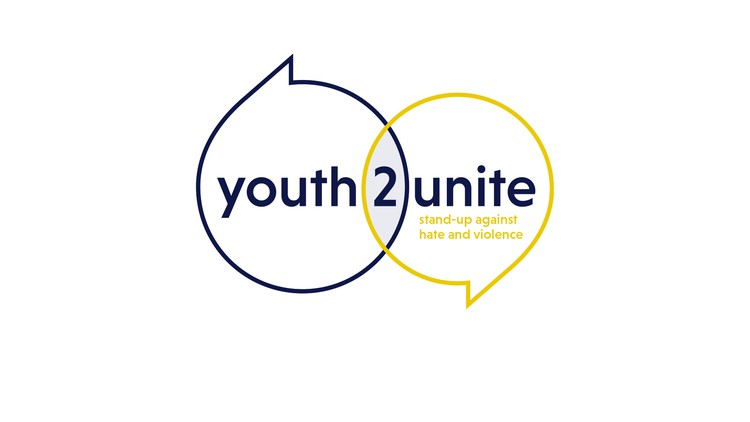
Empowering Youth to Unite and Stand Up against Hate and Violence
What you will learn
Reduce discrimination, improve intercultural communication, raise awareness about different identities and increase active citizenship
Tackle hatred and stigmatisation of particular ethnic and religious communities (e.g. bias against Roma and Sinti, bias against Muslims, Anti-Semitism etc);
Prevent and combat hateful behaviours, hate crime and serious forms of hate speech against LGBTIQA* communities;
Promote tolerance, mutual understanding, social cohesion, and support the fight against racism and xenophobia by cultivating critical thinking to people
Description
Phenomena such as racism, xenophobia, homophobia, and other forms of intolerance, have evolved and gained momentum in recent years leading to the emergence and rising of contemporary forms of radicalism and extremism that the European Union deals with on a daily basis. Various incidents across Europe indicate that many people are harassed, threatened or assaulted verbally of physically, or experience hatred daily because of their ethnicity, skin color, religion, gender and sexuality, physical and mental (dis)abilities or other characteristics. Moreover, public discourses, including online platforms and social media, are steeped in hate speech targeting ethnic, religious and other minorities. These crimes can affect anyone and can often result in low self-esteem, internalized oppression, disengagement from societal activities, attraction to violent extremist ideologies, health problems/depression, etc. Yet hate crime and hate speech incidents often remain invisible in official statistics and usually are under-reported and, as a result, they do not find their place in public consciousness. For this reason, a holistic approach to the prevention of hate crimes and hate speech is deemed necessary. According to the latest pan-European report on hate crime drafted by the European Union Agency for Fundamental Rights in June 2018 (Hate crime recording and data collection practice across the EU), the increasing numbers of reported hate crimes make evident the need to combat bias motivations that result in hate crime and equip people with the skills and information to recognize and respond to signs of bias, prejudice and hate.
The project addresses these needs towards the prevention of hate crime and hate speech and aims to develop training materials for youth workers to deploy effective skills to challenge “hate-motivated violence” or “hate attitudes” among young people and to increase young people’s responsibility towards bystander intervention. Being an active bystander can mean physically intervening in a situation of calling out language that perpetuates a culture of hate. The project employs a rights-based approach towards the prevention of hate crime and hate speech. As it is crystallized in the Charter of Fundamental Rights of the European Union, all individuals have an inherent right to human dignity, which is inviolable and must be protected and respected. Participation in project activities and engagement with project’s intellectual products could empower young people who face disadvantages and belong to marginalized communities to speak for themselves and feel proud for their identities and could additionally fortify youth workers to facilitate and deliver quality and innovative trainings that address hatred and promote respect for others and freedom of expression. A human rights-based approach places the focus on common values and respect of diversity, while it highlights the equal rights and standing of every individual, regardless of his or her religion, ethnic origin, gender or other factors (UNESCO/ UNICEF, A Human Rights-Based Approach to Education for All, 2007).
Content